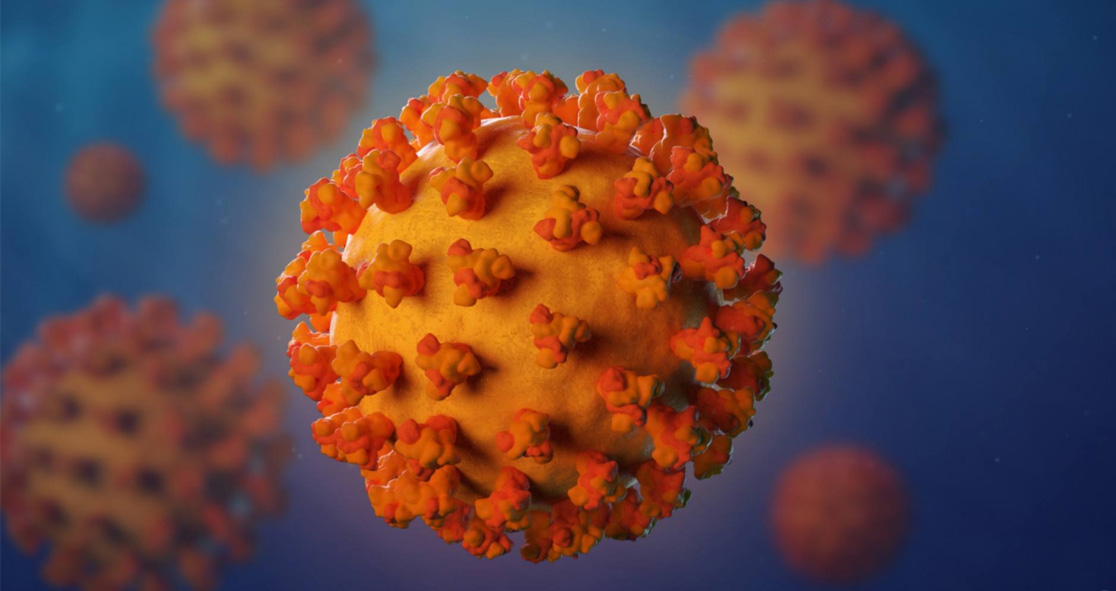Researchers at Rush University Medical Center, Illinois, have developed a new therapy that has shown success in preventing COVID-19 symptoms in mice.
The researchers published their findings in the Journal of Neuroimmune Pharmacology.
They introduced a small peptide, nasally, in mouse models with COVID-19, which showed positive results in preventing the infection. The peptide was found to be effective in reducing fever, protecting the lungs, improving heart function, and reversing cytokine storm.
Cytokine storm is a characteristic condition of COVID in which the immune system floods the bloodstream with inflammatory proteins while fighting the virus.
The researchers also reported success in preventing the illness from progression.
Study author Kalipada Pahan said, “This could be a new approach to prevent SARS-CoV-2 infection and protect COVID-19 patients from breathing problems and cardiac issues. Understanding the mechanism is proving important to developing effective therapies for COVID-19.”
“Since SARS-CoV-2 binds to angiotensin-converting enzyme 2 (ACE2) for entering into the cells, we have designed a hexapeptide corresponding to the ACE2-interacting domain of SARS-CoV-2 (AIDS) to inhibit the binding of virus with ACE-2,” he added. “
“AIDS peptide inhibits cytokines produced by only SARS-CoV-2 spike protein, not other inflammatory stimuli, indicating that AIDS peptide would not cause immunosuppression,” Pahan continued. “We found that after intranasal treatment, AIDS peptide reduces fever, protects lungs, normalizes heart function, and enhances locomotor activities in a mouse model of COVID-19.”
Vaccines are available, but COVID could potentially morph into a seasonal and an opportunistic event. For instance, despite flu vaccination, nearly 50,000 Americans die each year from the flu.
Therefore, we need a specific drug to reduce coronavirus-related inflammatory events and take care of respiratory or cardiac issues related to COVID.
Pahan explained, “If our AIDS peptide results can be replicated in COVID-19 patients, it would be a remarkable advance in controlling this devastating pandemic.”
The virus has affected more than 24 million Americans, killing over 411,000 people so far. The article appeared in Science Daily.























